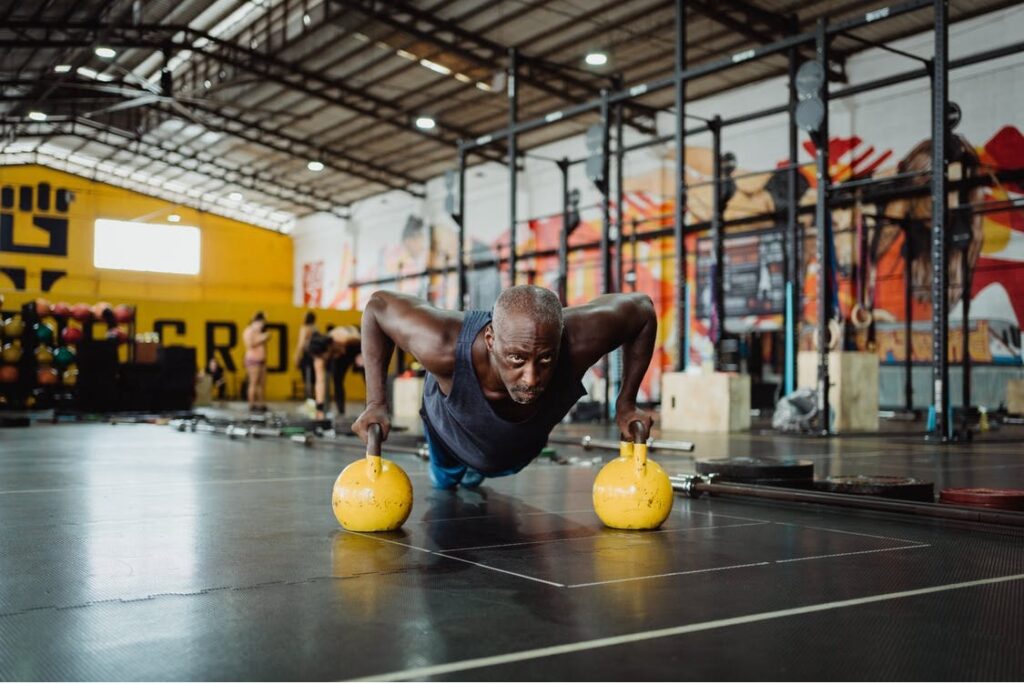Can You Use Sports Psychology To Improve Your Fitness?

When we think of improving our physical condition and becoming more successful at the sports that we love, or gaining better health, understandably we tend to focus on the physical aspects of our training. But any professional athlete will tell you, it’s just as much in the mind as it is in the body. Your mental condition and shaping your thoughts is a hugely important part of developing yourself – in sport, but also in all other areas of your life. Master your thoughts and you really can master your performance.
The Secrets Of Sports Psychologists
If you think of any high-profile sports team or athlete, they will usually have worked closely with a sports psychologist at some stage of their careers. This is acknowledged as a crucial part of the development experience in performing at a high level. It goes hand in hand with conditioning your body. But you don’t have to be an elite athlete to benefit from some of this wisdom. No matter what your skill level or your goals with fitness, everyone can benefit from the mental side of training. And in fact, once you learn some of these skills you can apply them to every area of your life, including your career, finances and relationships. There are some basic principles that any sports psychologist knows are the secret to consistently great performance, and they can be learned and practiced by anyone.
Embrace Your Failures
When we think about great athletes, we don’t picture failure – only their long record of success. But actually, learning how to embrace failure is a fundamental part of achieving success. Instead of seeing the times where it goes wrong or we experience setbacks as negative, we need to start seeing the huge amount of positive value to be derived. If we just encountered success in training, we’d never have the opportunity to learn anything. Understanding your own strengths and weaknesses and where you can avoid pitfalls is absolutely key. And only failure can really teach you about these things. Although it can be disappointing to go through, in the end it’s a rich experience that has a lot to teach us. Learning to see the odd failure as highly necessary and even valuable is a massive step forward.
Find Your Motivation
In developing your fitness, there are always going to be times that it’s harder to find motivation. Getting up early in the pitch black to go for a run or pushing yourself to lift a higher class of weight isn’t easy. You might start off with the best of intentions, but in the moment it can be easy to put things off. Pro athletes are no different in this respect – they still experience days where they simply don’t want to push themselves. The difference that sports psychologists can teach is how to access that motivation when it’s not at the surface of your consciousness, even if it’s sports betting or your own physical performance. Reconnecting with the ‘why’ is absolutely key.
Do A Mental Walkthrough
The power of visualization techniques is well known within professional sports. So as well as all the physical training and practising leading up to a big event, it’s also highly important to rehearse mentally. What is meant by this is literally picturing performing well and winning from the outset. Really focusing in on the details, and using the power of your senses to bring the scene in your head to life – what would victory smell like? The more detail you can add to these scenarios in your mind the better. You’re training your brain to assume that you will succeed – and this makes you a lot more likely to actually succeed.
Stay In The Moment
And when it comes to the activity itself, it’s important to develop the ability to stay focused. Our minds want to constantly distract us with intrusive thoughts. If you can master how to be mindful and stay entirely in the present moment, you are going to pick up on the vital details that can help you suss out that opponent or push yourself further. For example, if you’re attempting a marathon? Block out the course around you and the other runners. Focus on the rhythm of your breathing, your arms and legs working and the path ahead.
By using some simple sports psychology tricks, and practising them regularly, you can really improve the effectiveness of your training and your performance in sport. It’s all in the mind!